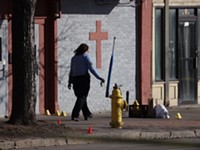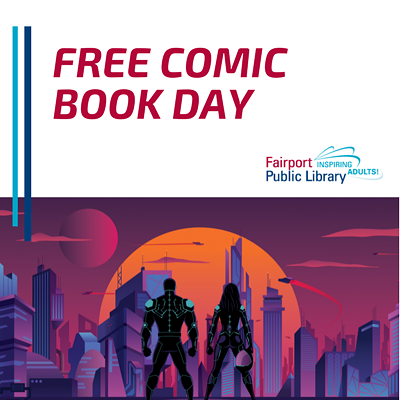[
{
"name": "500x250 Ad",
"insertPoint": "5",
"component": "15667920",
"parentWrapperClass": "",
"requiredCountToDisplay": "1"
}
]
Hailed by civil libertarians and denounced as cataclysm by dismayed public officials, the recent court ruling that the stop-and-frisk tactics used by the New York Police Department violated minorities' constitutional rights will have wide-ranging implications for police everywhere, including in Rochester, says a local criminal justice expert.
"I think it probably is a good thing," says John Klofas, a criminal justice professor at Rochester Institute of Technology. "I think that willy-nilly stops and searches engender lots of really bad relations between police and others. And I think that's important to address. But I think you've got to be careful not to read into this the idea that police can't use that tool at all. They have to do it constitutionally, which they've always had to do."
Earlier this month, a federal judge found that the NYPD "resorted to a policy of indirect racial profiling as it increased the number of stops in minority communities," wrote Joseph Goldstein of the New York Times. The judge did not call for an end to stop and frisk, though, and an appeal is expected.
Rochester has implemented police crackdowns such as Zero Tolerance and Operation Cool Down during crime spikes. A big part of the initiatives involves beefing up police presence in high-crime areas.
Evidence shows that concentrating police in troubled areas does reduce crime, Klofas says, including gang activity. But Klofas says that Rochester has never been as extreme in its policing as New York City. For example, the federal case included evidence that quotas drove unnecessary stops, Klofas says.
"As far as I know, that's never been the case in Rochester," he says.
RPD Deputy Chief Mike Ciminelli says that police are working with the city's law department to study the federal court's ruling.
"We want to try to understand what the judge was saying and see if there are lessons to be learned for us," Ciminelli says. "In terms of any actual impact from an enforcement perspective, I think that's way premature."
He says that the RPD and the law department are focused on issues the case raised around policy, practice, training, and documentation.
"I think that willy-nilly stops and searches engender lots of really bad relations between police and others. But I think you've got to be careful not to read into this the idea that police can't use that tool at all. They have to do it constitutionally, which they've always had to do." John Klofas.
Speaking of...
Latest in News
More by Christine Carrie Fien
-

Building up
Mar 29, 2017 -

Hetsko's heart
Mar 15, 2017 -

Squeezing starts at GateHouse-owned Daily Record and RBJ
Feb 28, 2017 - More »







